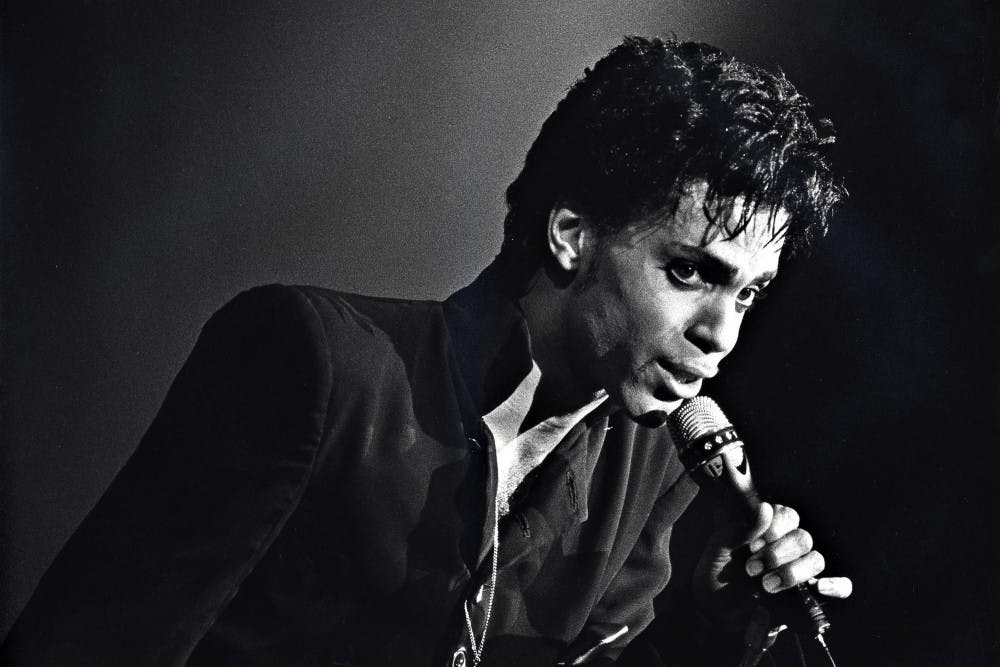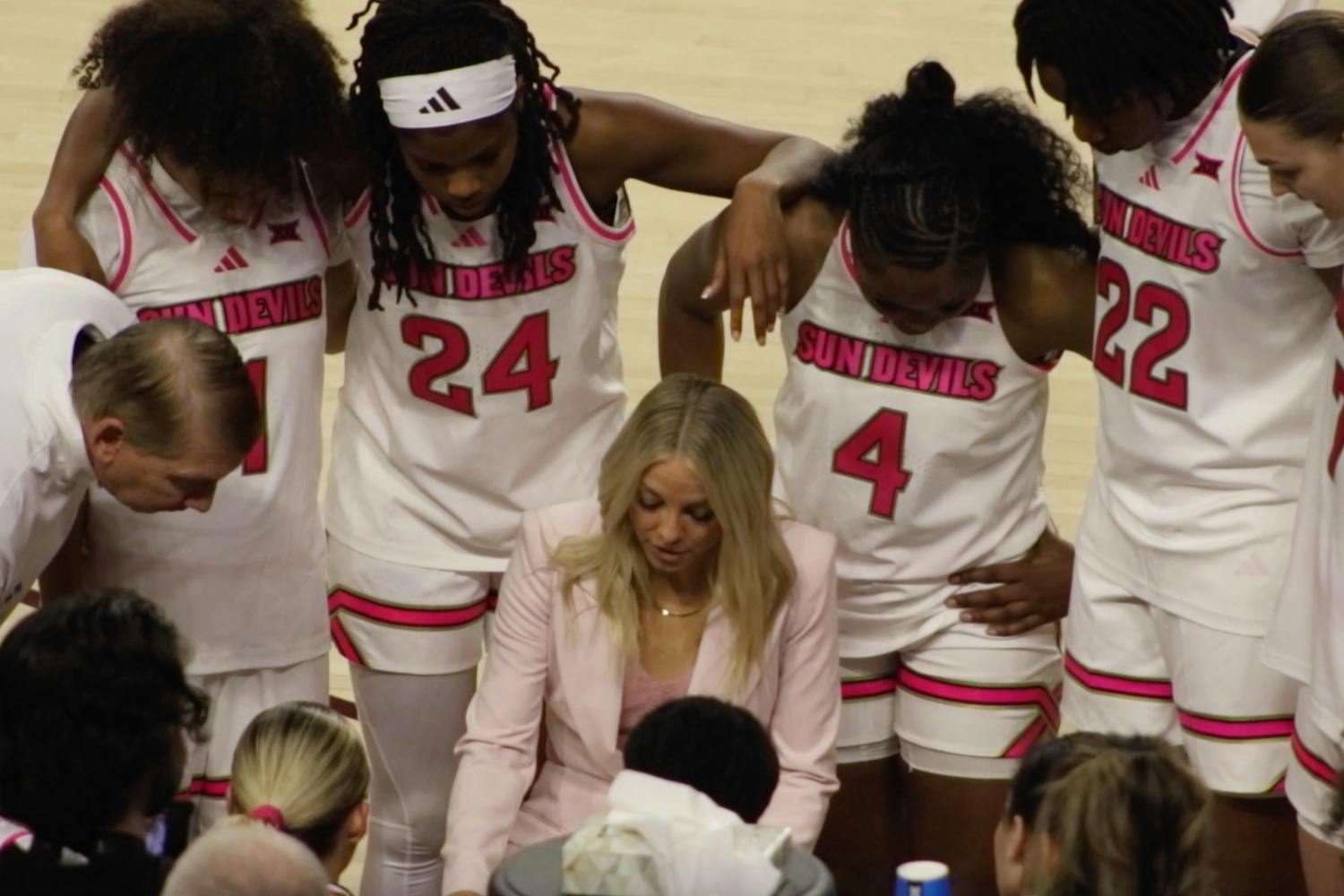ASU professor of justice studies Rashad Shabazz will discuss on Sept. 14 how a mountain town in Minnesota with a small African-American population become a hub for black musicians to create musical fusion and even open the door for artists like Prince.
Shabazz will be discussing the history of black music in Minneapolis as well as the creation of the "Minneapolis sound" for the first Humanities Lecture for the College of Integrative Science and Arts of the 2016-17 school year. Shabazz's interest in this topic came from his roots in Minneapolis and his appreciation of its favorite child.
"I am a huge, huge, huge Prince fan," said Shabazz. "I also had experienced Minneapolis while attending Minnesota State University, Mankato and discovered the city's rich music traditions."
Shabazz's lecture will cover the history of Minneapolis music from the early 20th century to the late 1970s. He will discuss how the Twin Cities welcomed musicians of various genres from all over the country and how that melting pot of creativity informed Prince's music.
"There was a large migration of African-Americans to Minneapolis between the World Wars," said Shabazz. "The Black music scene didn't really emerge until World War II, and very much of that reflected the cultural, political and social context of Black Minneapolis. Prince's father was a jazz musician, and his mother was a jazz singer. They were musical contemporaries, and that's what he grew up around."
Shabazz cited Prince's use of various genres as the main cause of his musical genius.
"The Minneapolis sound is about five specific genres: funk, R&B, rock, new wave and pop," Shabazz said. "Prince had so much to work with because he used elements from all of those, which created an endless array of music."
Shabazz is clearly a fan of the man who mastered the Minneapolis sound, and with his recent untimely passing last April in mind, he said just exactly what he thought of Prince's legacy.
"Hands down, Prince is the greatest musician in the history of pop music," said Shabazz. "No disrespect to Stevie Wonder or Paul McCartney, but he's simply one of the greatest musicians we've ever seen. He's in the discussion of the greatest guitar players, along with people like Vaughn, Van Halen, Hendrix and Slash. (He is) one of the most prolific songwriters we've seen — just look to all of his albums for proof."
Prince's backstory reminded Shabazz of the importance of musical education for America's youth.
"Music education is disappearing from public schools as a result of budget cuts," said Shabazz. "It's important that kids have access to that, especially in poorer communities. Musicians are important to society, and the practice of music is valuable for developing minds. Young people must have music. When we remember Prince, we remember the value of teaching and supporting young musicians."
Several ASU students have benefited from music education in their youth. Musical theater freshman Sara Rockmacher said just how seriously she takes music.
"I use my life to perform," said Rockmacher. "When I pick songs, I somehow find a way to relate to it to make my performance that much more passionate. They always say 'Don't bring your personal life into the work place,' but you have to in the music world, or you won't get any real emotions."
Vocal performance freshman Emily Benoit said she believes that music is something we all relate to.
"Speaking from a scientific point of view, everything in existence resonates at some frequency, and therefore is making music," said Benoit. "It's interesting to think that even if we can't hear it, everything is constantly making its own unique sound. We utilize it by making instruments or using our bodies as instruments. Everything from culture to science to emotion to circumstance can be used to create music in virtually any form."
ASU Professor Mirna Lattouf, a faculty member of the College of Integrative Science and Arts, said she has high hopes for this lecture and high praise for Shabazz.
"Dr. Shabazz explores the contributions of Black Culture to the development of American Music, the influence of geography to its expansion and the socio-political environment that drove this particular sound and its influences thereafter," said Lattouf. "The presentation that Dr. Shabazz is giving is very important to our understanding of the relationship between the struggles of African Americans for a better life and their cries to have their voices heard through music, among other expressions."
Shabazz's presentation on black music in Minneapolis will be held on Wed, Sept. 14 at 6:30 p.m. in Room 128 of the Cronkite Building at the Downtown Phoenix Campus. Student admission is free.
Reach the reporter at gwrober2@asu.edu or follow @gmoney_roberts on Twitter.
Like The State Press on Facebook and follow @statepress on Twitter




